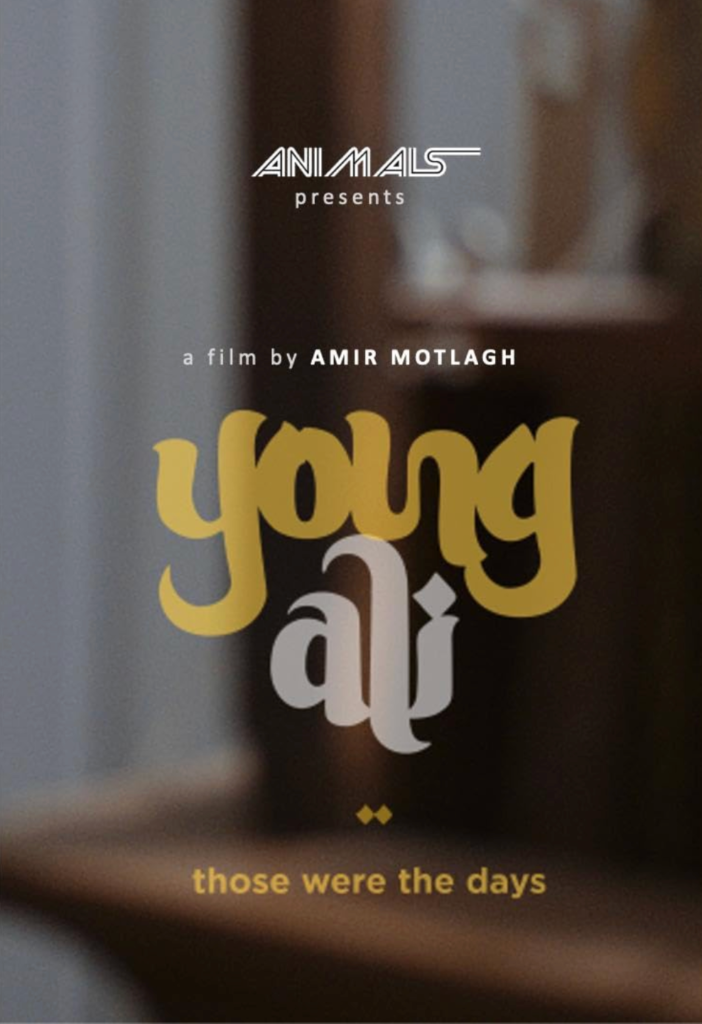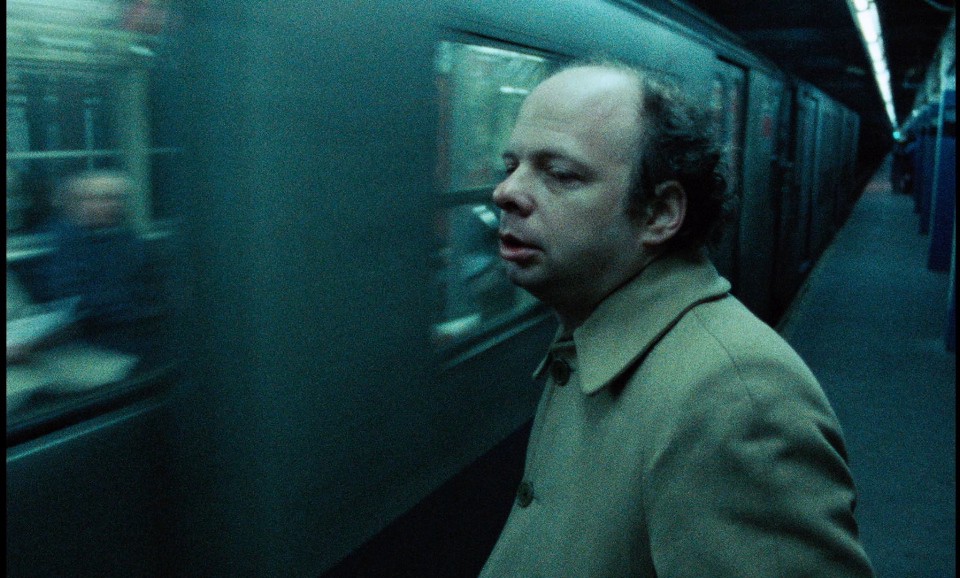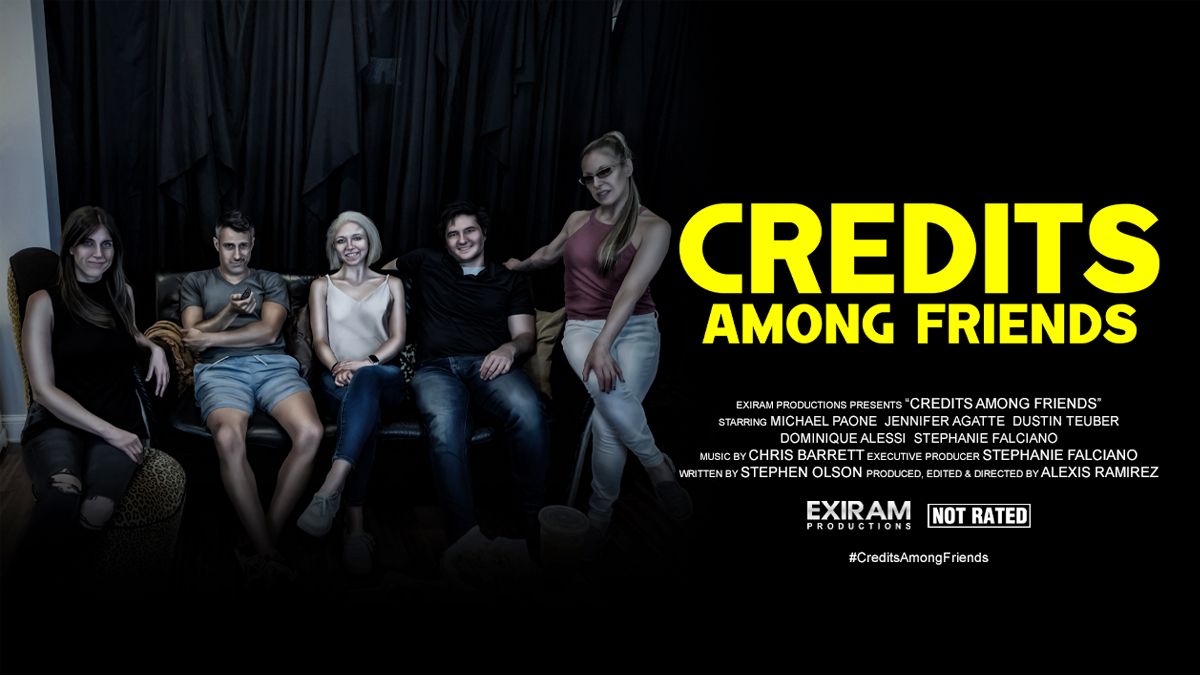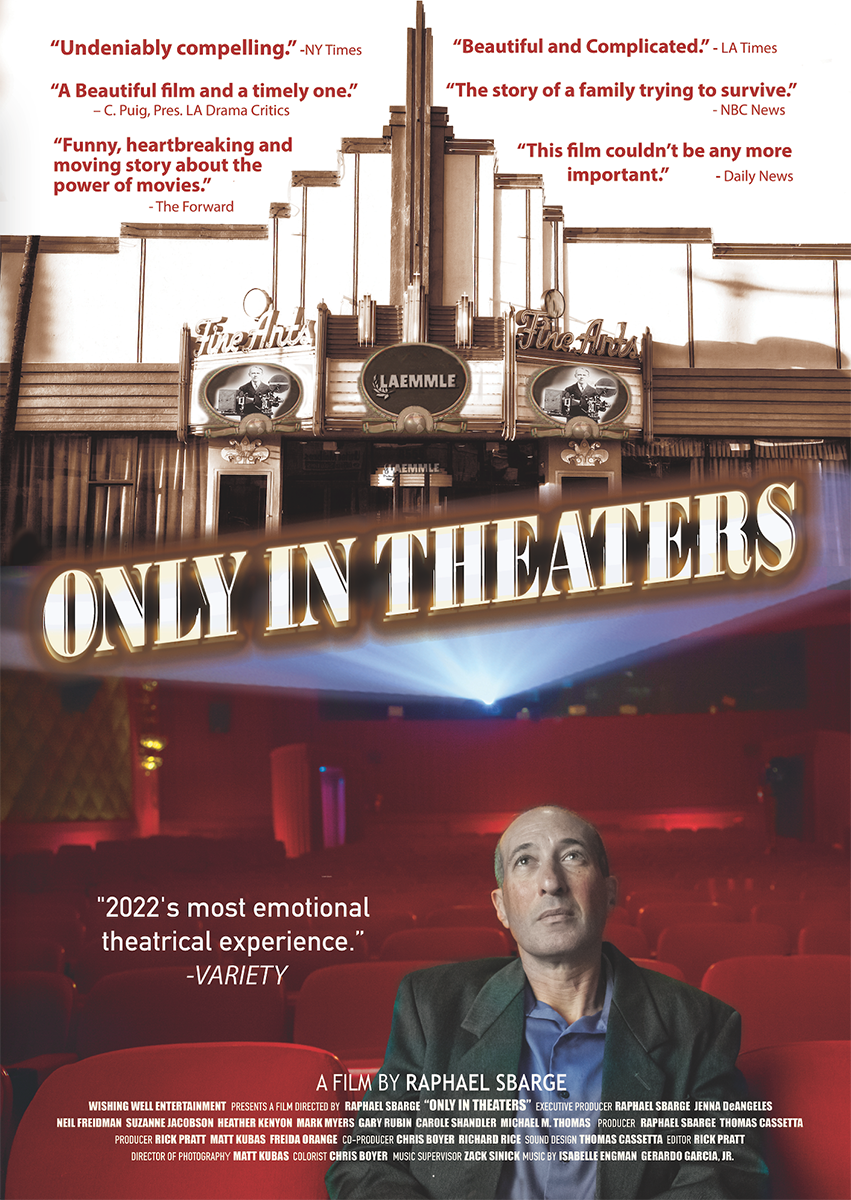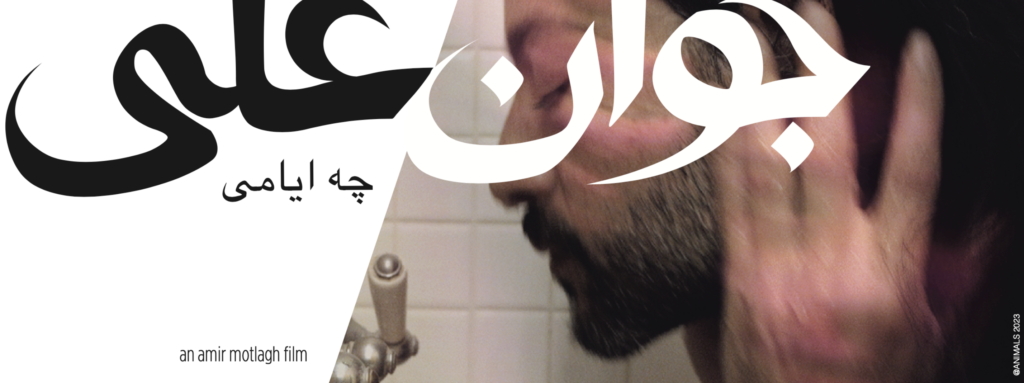
Amir Motlagh’s new film, Young Ali: Those Were The Days, is an engaging, uncompromising, intimate portrait of a man whose life is changing. While it is quiet, contemplative, and meditative it deals with large and turbulent emotional issues in a beautiful, relatable way. Like many of Motlagh’s films, it explores the essence of connection, re-connection, and disconnection: not only with the world, but the people in it. What sticks with me the most is the bravery of dissecting the complex emotional world of such a messy time for a character.
Ali is facing a big change after a divorce, and like many who do so, he returns to his parents’ home to recover and contemplate. During this time he is challenged — not just by his own feelings following the harsh disconnection, but also the difficulty in reconnecting to himself. We are invited to be with him and witness the time he spends evaluating not only who he is, but who he was — and ultimately who he wants to become. It’s a relatable story and one that we’ve all faced at sometime or in some way or another. We have all connected, and then disconnected. Motlagh’s adept storytelling connects us not only with those everyman moments, but allows us to experience and understand the specific challenges Ali faces. Not only is he facing his past, present and future and determining how he will connect with the world — but he must do so as the first born son to Persian parents in the US. The emotional truths laid bare have rung in my mind long after I’ve finished watching, and the juxtaposition of the specific nuances of Ali’s plight have stayed with me.
Motlagh’s performance as Ali is nuanced, careful, and naturalistic. Every moment with him feels real and grounded, even as he rides out the tumult of his emotional life. His performance is fierce and brave: Ali is both vulnerable and irascible, shaky yet stable. We are always close enough to him to understand why. Yousef Motlagh gives a beautiful performance as Ali’s father and infuses his scenes with an emotional complexity that feels both gentle and firm — strong and questioning. He plays perfectly with both Amir Motlagh as Ali and Atefeh Galladari’s rich performance as Ali’s concerned yet quiet mother.
While we are so very close to Ali, each scene giving us a deep intimacy with him and the moment, there is still distance. It’s enough distance to be tantalizing, and it reminds us of the gulf between ourselves and those in our world. Conversations with his friend Mikey (played by Michael Flowers), on the other side of a phone call and in pictures, give us glimpses into who Ali was. His one-sided conversations leaves clues to what he is trying to escape. The conversations with his mother and father allow us to see so much more of Ali — and it is through this canvas of conversation, contemplation, and motion that we’re able to see Ali’s struggle and progress towards . . . well, himself.
There’s something magical about Motlagh’s films for me, and the immersion he creates into rich worlds with sound and visuals is a celebration of the medium of film. The music he composed as the score for Young Ali is in perfect synch with the performances and visuals. The music emphasizes but never overwhelms the piece. The cinematography and framing are exquisite, giving the entire film that feel of intimacy while still maintaining a captivating distance. Motlagh doesn’t waste one piece of the frame, he uses every moment of the film to build to a larger truth not only for Ali, but for us as the audience. The lovely story unfolds at the right pace, and the grand emotional scale and truths reached feels larger than is possible within its run time. It’s the intimacy that I find the most staggering — how Motlagh brings us so very close to Ali while still separate enough for contemplation. I could understand exactly where Ali was not just because of what I was being shown, but for the mirror the movie held up for me. The entire piece feels utterly relatable while still being large enough to be grand.
People who have read my work about film know of my adoration of slow cinema. I love movies that tell greater stories from smaller, quiet moments. My favorites are slice-of-life films that allow me feel as if I’m so close to the characters I can breathe in their air. Young Ali: Those Were The Days is a perfect example of what I love: it’s an emotionally huge story made of quietly impactful moments told in a rich, beautiful, and innovative way. It is complicated yet inviting — challenging yet uplifting. It has a cozy intimacy that will bring me to watch it again and again. It’s not so often that such a beautiful story is told so well — and I find that when it happens, it’s important I take note. The film reminded me that my experiences are very different from Ali’s, but our emotional truths are the same. It did what great cinema and stories do: it used a lens directed elsewhere to tell me a larger truth about my life, my connections, and my world.
To keep up with where you can see Young Ali: Those Were The Days and which film festivals it will be a part of, follow the film’s website. You can also follow Amir’s impressive body of work and sign up for updates at his website here.
